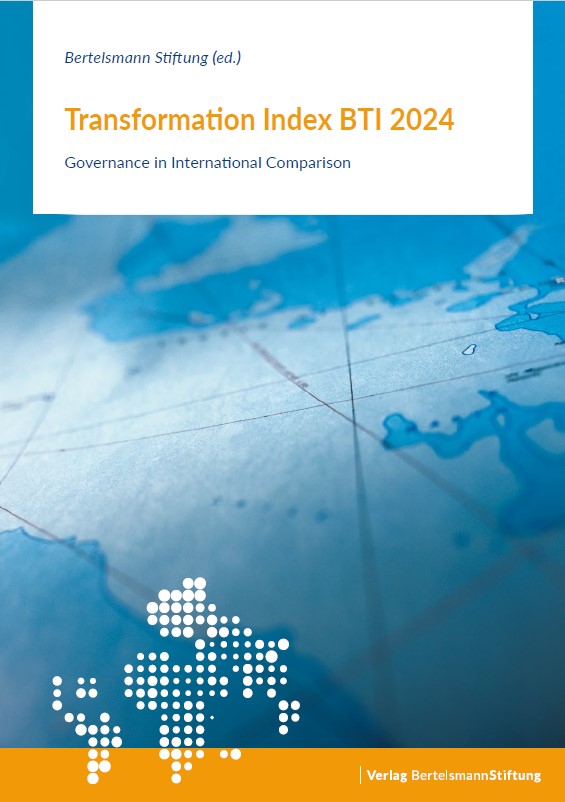In the early years of the BTI, almost 20 years ago, democracies around the world faced much less pressure. Today, almost a third of the 137 countries surveyed by the BTI show the lowest level of political participation opportunities ever recorded by the BTI. In the last two years alone, elections in 25 countries were less free and fair, while assembly and association rights in 32 states have been increasingly curtailed and the freedom of expression in 39 countries has faced tightened controls. This gradual erosion of democracy can provide a pathway for the establishment of authoritarian rule, a trend exemplified by the cases of Bangladesh, Mozambique and Türkiye.
To counteract the erosion of democracy, institutions and mechanisms of oversight such as the judiciary, parliament and the media are essential. Free and (partially) fair elections have brought about change in some East-Central and Southeastern European countries such as Czechia, Moldova, North Macedonia, Poland and Slovenia, as well as in Latin America, such as Brazil, Guatemala and Honduras.
In the defense of democracy, one crucial stronghold is the resilience of civil society. Recent examples from Brazil, Kenya and Zambia underscore the pivotal role civil society plays in ensuring fair elections and upholding their integrity, often in collaboration with electoral authorities or constitutional courts. Similarly, in Poland and Sri Lanka, successful mobilization efforts have safeguarded civil and social rights. These instances highlight the importance of uniting street-level activism with institutional checks on government power to effectively resist authoritarian trends. Strengthening and safeguarding these civic forces and institutions stand as paramount strategies for fortifying democracy. Encouragingly, recent BTI assessments indicate that cooperation among interest groups and the self-organizational capacities of civil society remain robust.
